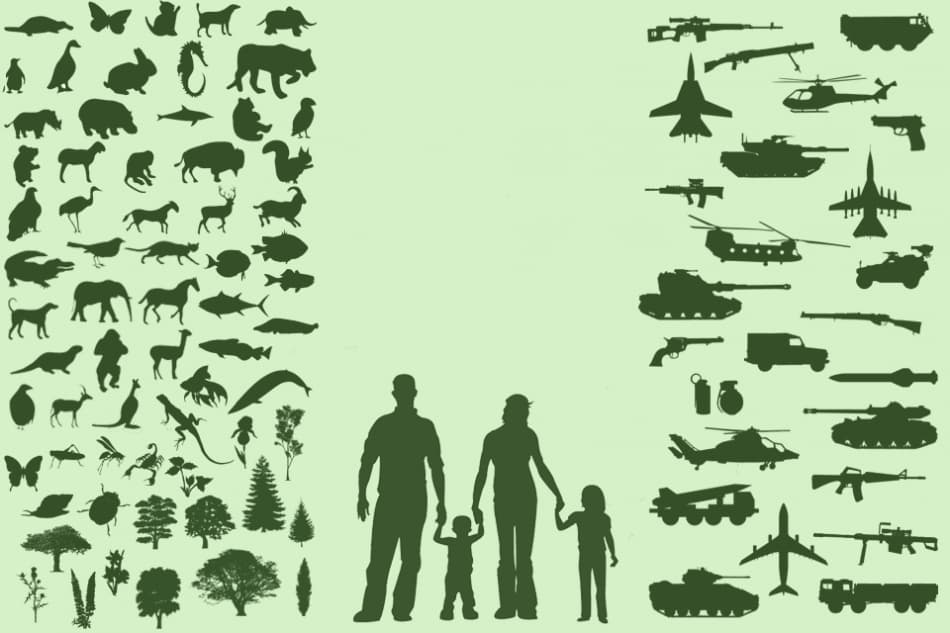From Conflict to Conservation: How the Russia-Ukraine War Could Spark a Recycling Revolution in the UK



The Russia-Ukraine war has dominated global headlines, raising concerns about the broader implications of the conflict on various aspects of daily life. One question that has emerged is whether the war will change recycling and waste removal habits in the UK. Although it may not have a direct impact, the conflict could lead to indirect consequences that could affect waste management practices in the country. This essay will discuss how economic instability, energy resource disruptions, and heightened environmental awareness might influence recycling and waste removal habits in the UK.
Firstly, the war could result in economic instability, impacting global supply chains and international trade. As tensions rise, countries might impose sanctions or trade restrictions, disrupting the flow of raw materials and goods. This disruption might lead to higher costs for raw materials, making recycled materials a more attractive and cost-effective option. Consequently, companies and governments could invest more in recycling infrastructure and promote recycling efforts among the public. Furthermore, the increased cost of raw materials could encourage manufacturers to use recycled materials in their products, supporting a more circular economy.
Secondly, the Russia-Ukraine conflict could potentially disrupt energy supplies such as natural gas and oil. Russia is a significant supplier of natural gas to Europe, including the UK. If the conflict leads to a reduction in natural gas supplies or an increase in prices, the UK might need to find alternative sources of energy. One possible solution is waste-to-energy technologies, which convert waste into energy and reduce the amount of waste sent to landfills. These technologies could become more attractive as a means of both waste management and energy generation, ultimately leading to changes in waste removal habits.
Furthermore, the conflict might raise awareness about environmental issues as people become more concerned about the global impacts of conflicts on the environment. War and military activities can have severe environmental consequences, such as the destruction of ecosystems and the release of pollutants. This heightened awareness could lead to increased public pressure on governments and companies to adopt more sustainable waste management practices, including recycling and waste reduction. For example, people might demand better recycling facilities, campaigns to reduce single-use plastics, and initiatives to promote a zero-waste lifestyle.
In conclusion, while the Russia-Ukraine war might not directly change recycling and waste removal habits in the UK, it could lead to indirect consequences that affect these practices. Economic instability might make recycled materials more attractive and cost-effective, encouraging increased recycling efforts. Disruptions to energy resources could push the UK to invest in waste-to-energy technologies, transforming waste management practices. Heightened environmental awareness could lead to public pressure for more sustainable waste management solutions. However, it is crucial to note that these outcomes are speculative, and the actual impact of the Russia-Ukraine war on recycling and waste removal habits in the UK will depend on the specific circumstances and the duration of the conflict.